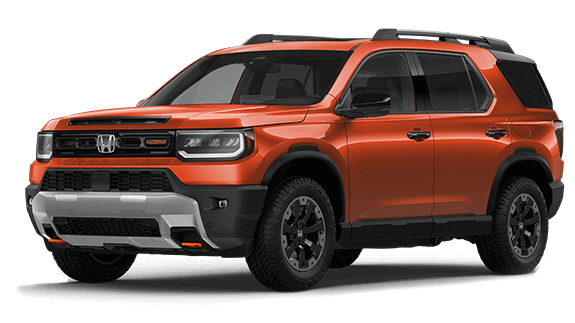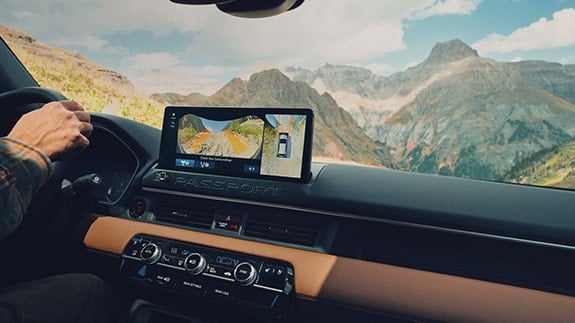If it sounds like working with a broker is a good idea, it can be, but it can also go the other way. The trick to ensuring that your experience is positive is figuring out what kind of auto broker you're dealing with. A simple internet search for "car broker near me" can scrounge up dozens of names, but not everyone calling themselves a broker is truly working for the consumer. While many brokers are former car dealers, they should not receive any compensation from dealerships for passing your name along as a "lead." Many operations call themselves brokerages but make substantial profits from dealerships or even directly work for them. This isn't illegal or unethical, especially if they disclose this beforehand, but it can lead you to question whether they have your best interests at heart.
How to find a car broker
Many brokers work in specific areas where they have relationships with dealers and familiarities with the local market, but don't feel like you're strictly limited to hiring a broker in your immediate region. As the demand for broker-represented buying has spread, many brokers have started taking on clients nationwide. This is helpful for rare cars, but for most clients, a local broker will be your best bet. You'll likely find most of your local car brokers via a basic internet search, but ask friends and family if they've used one and if they have recommendations.
Ask questions, expect answers
Feel free to ask questions about the broker, the broker's background, fee structure and the company's history. Many reputable brokers are proud of their independence from dealerships and will openly boast about how well they know the tricks dealerships can pull. Fees for these services can start at $200 and go upward of $1,000, depending on the car you're buying and whether it is a new or used model. Used and rare cars tend to command a higher fee since it takes more legwork to locate a good deal. However, thanks to regional differences in used car prices, you'll likely see an even deeper discount than you could have negotiated alone. Your broker should charge you a flat fee, one that you agreed to before the purchase. This way, the broker only makes money when he or she gets a great deal for you and can't drive up the fee by putting you in a more expensive car.
Other car buying services
If you don't want to spend hundreds of dollars on an independent broker, wholesale clubs like Costco and auto clubs like AAA offer car buying services similar to what brokers offer. Typically, these services operate by working out special pricing with one dealership in a market that can be provided to members in return for referrals. While this isn't a true brokerage arrangement, the service is often free or inexpensive and can frequently take much of the haggling out of the car buying process.
What to look for in a car broker
- Make sure the broker is licensed to legally sell cars in your state. States like California require auto brokers to be licensed and carry a broker endorsement that requires extra training.
- Ask questions! Ask prospective brokers about how they find deals on cars, what their background in the car business is, and if they receive any money from dealerships or carmakers for making deals.
- Look for feedback about other customers' experiences with the broker on sites like Google and Yelp and through organizations like your local Better Business Bureau.
- Confirm that broker fees are charged on a flat-rate basis to ensure that you get the best deal on your car. Be clear about these fees before you decide to work with someone.
- Check with wholesale clubs or auto clubs to see if they offer car buying services for free.



.jpg) by
by  edited by
edited by 
